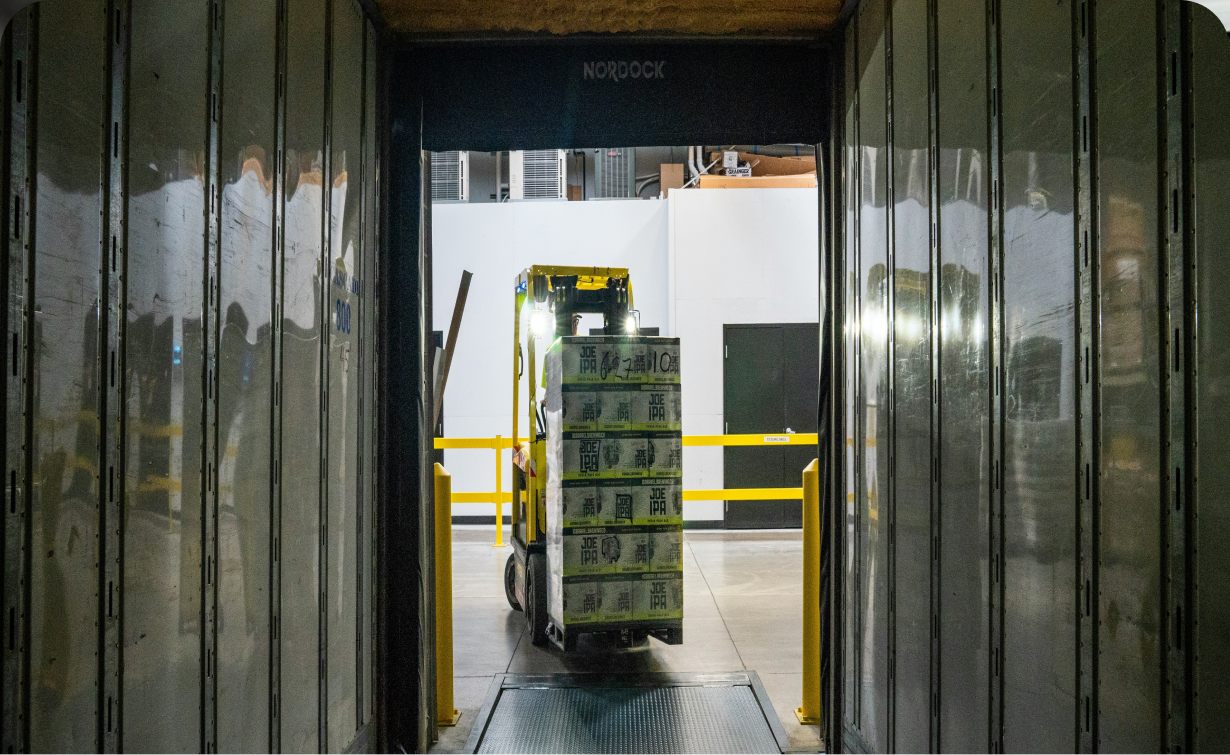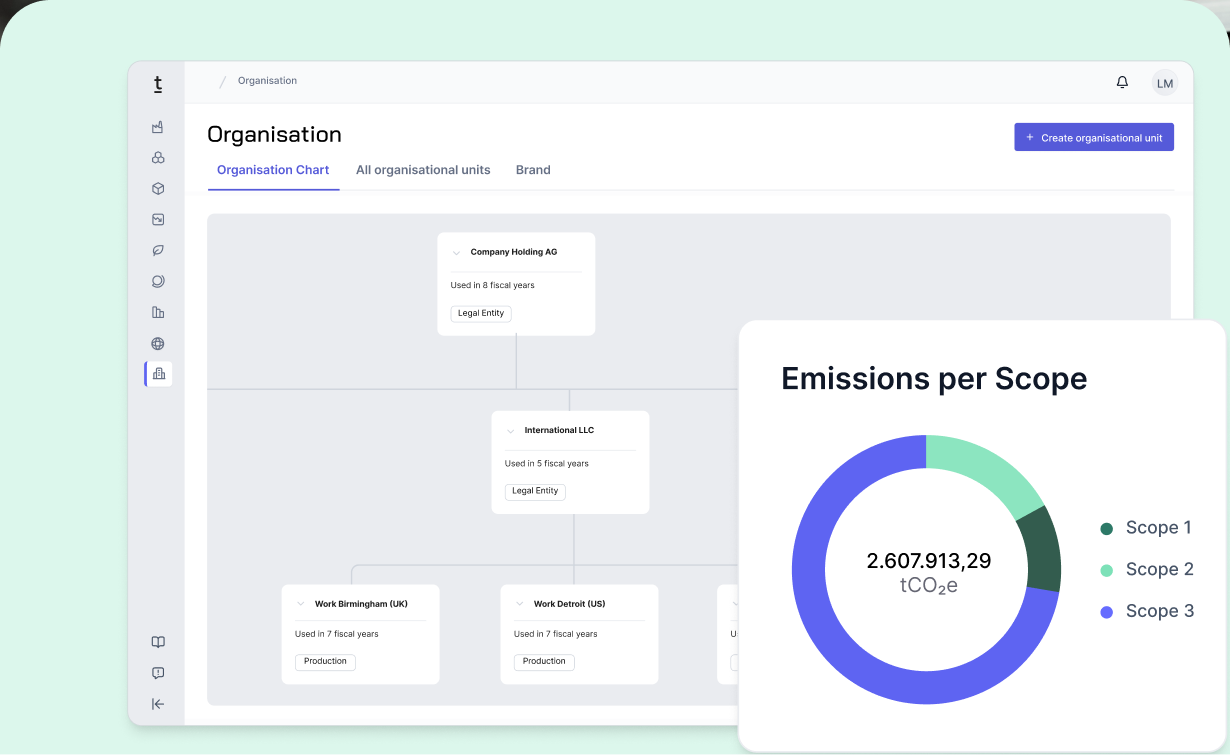Green Claims Richtlinie: What companies in the EU need to know

What is the Green Claims Directive?
The Green Claims Directive (GCD) was proposed by the European Commission in March 2023. Its goal: to put an end to growing greenwashing practices.
What is greenwashing?
Greenwashing refers to vague or exaggerated claims about environmental benefits of products or services – often lacking a solid foundation. This undermines trust and harms genuine sustainability efforts.
What’s changing?
The GCD requires that terms such as “climate neutral” or “eco-friendly” must be scientifically substantiated and independently verified. Member States must implement it into national law by 2027 at the latest.
Objectives of the Green Claims Directive
- Prevent Greenwashing: Environmental claims must be backed by science. Terms like “recyclable” can only be used if they can be proven under real-world conditions.
- Harmonization Across the EU: Consumers should be able to compare products and services across borders – unified standards are key to that goal.
- Foster Consumer Trust and Sustainability: Reliable information promotes conscious purchasing behavior and positions sustainability as a true competitive advantage.
Who is affected?
All companies operating within the EU that make voluntary environmental claims – including:
- Product packaging, advertisements, websites, labels
- Written and verbal claims
- General statements (“CO₂-neutral”) or environmental labels
Small and medium-sized enterprises are also affected – though possibly under simplified requirements. The directive primarily targets B2C transactions between companies and consumers. In the future, environmental labels will be recognized across the EU, potentially reducing the relevance of national labels such as Germany’s “Blauer Engel”.
Requirements for companies
1. Scientific substantiation
- Product Carbon Footprints (PCF) or Life Cycle Assessments (LCA) must reflect environmental impacts across the product lifecycle.
- Claims must be relevant – “sustainable” cannot be based solely on recyclable packaging.
2. Independent verification
- Claims may only be published after assessment by an accredited third party.
- Result: a certificate of conformity that provides legal assurance.
- Labels must also obtain EU-wide approval.
3. Accurate communication
- No sweeping statements without context
- Disclaimers where needed (e.g., “industrially compostable only”)
- Disclosure of the methodology
Enforcement & penalties
National authorities will be responsible for enforcement. Violations may lead to:
- Fines (depending on company size and unfair advantage)
- Marketing bans
- Exclusion from public tenders
- Reputational damage (due to public disclosure)
- Class actions (e.g., from NGOs or consumers)
The nature and severity of sanctions will depend on the type and intent of the violation, as well as the economic benefit – specifics will be defined by Member States. In any case, companies face reputational risk, as investigations are often covered by the media and may be triggered by reports from consumers, NGOs, or competitors.
Timeline and legislative procedure
- March 2023: EU Commission Proposal
- March 2024: First Reading in EU Parliament
- June 2024: General Approach by the Council
- January 2025: Start of Trilogue Negotiations
- By 2027: Expected Implementation into National Law
Recommended actions for companies
- Audit all existing environmental claims
- Build a database for product-level environmental data
- Collaborate early with verification bodies
- Train marketing, compliance & product teams
- Remove vague or unsupported claims
Companies that act proactively will secure competitive advantages and minimize risk.
How Tanso supports
Tanso offers software solutions to help comply with the directive:
- Automated PCF data collection
- Integrated evidence workflows
- Interfaces to compliance frameworks like CSRD and CBAM
- Reliable data pooling across standards
The result: verifiable environmental communication instead of reactive compliance.
Conclusion
The Green Claims Directive builds trust through legal clarity. For companies, it’s not just an obligation, but an opportunity – to communicate credibly, position strategically, and lead a sustainable transformation in line with ESG standards.
FAQs
1. What is the Green Claims Directive?
An EU legislative proposal to regulate environmental claims.
2. Who does it apply to?
All companies making voluntary environmental claims within the EU – including SMEs.
3. What counts as a “green claim”?
Examples include “climate neutral”, “recyclable”, “eco-friendly”.
4. What are the penalties for non-compliance?
Fines, bans, exclusion from tenders, reputational damage.
5. When does it take effect?
From 2025 (tentatively), with mandatory national implementation by 2027.
















































.avif)







.jpg)
.jpg)




















-p-800.webp.avif)
-min-p-800.webp.avif)






-p-800.webp.avif)

